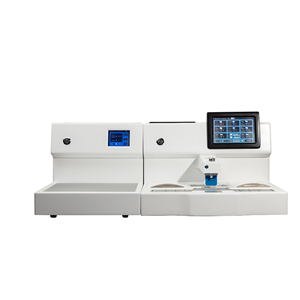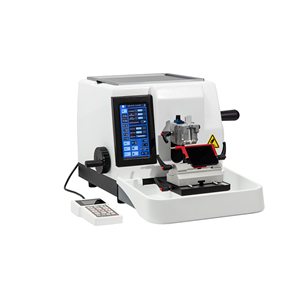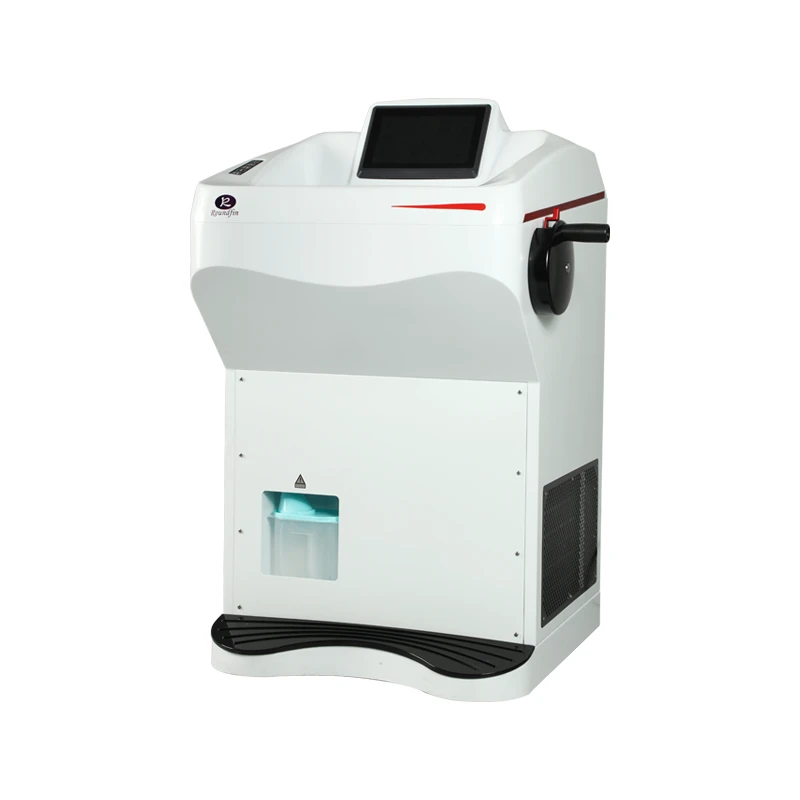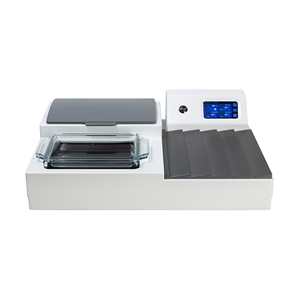How to Choose the Right Morgue Refrigerator
How to Choose the Right Morgue Refrigerator
In facilities such as hospitals, forensic laboratories, and medical examiner offices, morgue refrigerators play a crucial role in preserving deceased bodies for examination and identification purposes. Selecting the right morgue refrigerator is essential to ensure proper storage conditions, maintain body integrity, and facilitate the work of forensic experts. In this article, we will discuss the key factors to consider when choosing a morgue refrigerator.
1. Storage Capacity:
The first factor to consider is the storage capacity of the morgue refrigerator. It should be adequate to accommodate the expected number of bodies at any given time. Assess the storage needs based on the average volume of cases and the maximum capacity required during peak periods. Ensure that the refrigerator has enough compartments or shelves to organize and segregate bodies effectively.
2. Temperature Control and Stability:
Maintaining proper temperature control is critical for preserving bodies and preventing decomposition. Look for a morgue refrigerator that offers precise temperature control and stability. The temperature should be adjustable within the desired range and maintained consistently. Additionally, consider if the refrigerator has an alarm system that alerts staff in case of temperature fluctuations or power failures.
3. Body Size and Weight Capacity:
Different refrigerators have varying weight capacities and can accommodate bodies of different sizes. Assess the average size and weight of the bodies you typically handle to ensure the refrigerator can handle the load. Consider factors such as internal dimensions, shelving configuration, and weight-bearing capacity to ensure the bodies fit comfortably and safely.
4. Construction and Durability:
The construction and durability of the morgue refrigerator are crucial for long-term use and reliability. Look for models made from high-quality materials such as stainless steel, which is resistant to corrosion and easy to clean. Ensure that the refrigerator is well-insulated to maintain temperature stability and prevent condensation.
5. Accessibility and Organization:
Efficient organization and accessibility are essential for a smooth workflow in the morgue. Consider features such as removable trays or drawers, sliding shelves, and easy-to-use handles or latches. These features enhance ease of access, facilitate body placement and retrieval, and aid in maintaining an organized and hygienic environment.
6. Safety and Security Features:
A morgue refrigerator should prioritize safety and security. Look for features such as lockable doors to prevent unauthorized access. Additionally, consider if the refrigerator has safety mechanisms to prevent accidental entrapment or injury, such as interior door release systems.
7. Compliance with Regulations:
Ensure that the chosen morgue refrigerator complies with relevant regulations and standards in your jurisdiction. Different regions may have specific requirements regarding temperature control, ventilation, and storage conditions for morgue facilities. Confirm that the refrigerator meets these standards to avoid compliance issues.
Conclusion:
Choosing the right morgue refrigerator involves careful consideration of storage capacity, temperature control, body size and weight capacity, construction and durability, accessibility and organization, safety and security features, and compliance with regulations. By evaluating these factors, you can select a morgue refrigerator that meets the specific needs of your facility, ensuring proper preservation of bodies and facilitating the important work of forensic professionals.
Keywords: morgue refrigerator, storage capacity, temperature control, body size, durability, accessibility, safety, compliance.




